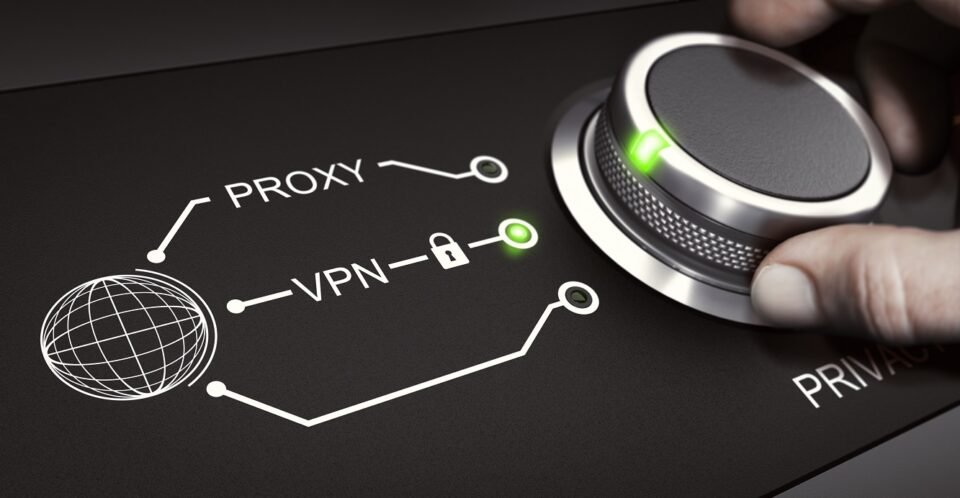The issue of internet privacy is a highly debated one in today’s world. It is not unusual seeing people share their outrage anytime there is news about privacy issues at any of the major tech companies. People take to social media to express their outrage and disgust. Yet, the social media platform they are using to display their disgust has likely had its own privacy issues in recent times. The irony of this situation is lost on most people.
It is to be said that most people really don’t want to direct their efforts into looking beyond the popular and powerful tech platforms to find ways of protecting their personal data on the internet. A lot of people simply use the excuse of having nothing to hide to willingly dump all their data into the hands of these major tech companies.
If you think you really have nothing to hide so, you have no issues with handling your data to these companies, think again. There are a couple of reasons why you don’t want to do that. To start with, you don’t know what you will state online to trigger the wrong people. While with data privacy, you can be sure of your safety, and anonymity sometimes, you can’t be so sure when there has been a breach and loss of confidential information. You wouldn’t want to trigger the wrong set of people online who could steal your information in order to cause you to harm in real life.
Also, there’s the issue of identity theft. If your data isn’t properly secure online, there is a high risk of identity theft. The entertainment industry has portrayed a couple of movies around this idea. While their information might not be totally accurate, they are somewhat close to the truth. Without online privacy, someone can steal information about you and use your information as theirs.
Apple CEO Tim Cook spoke on the issue of online privacy and stated a couple of principles he believes should be the guide legislation. He declared that;
First, the right of a company to have personal data should be minimized.
Second, you should know what data is collected and why it is collected. He tagged it as ‘the right to knowledge’.
Third, he called this one the right to access. He believes that the ability to access, delete, and correct your data from the company database should be conferred on the consumers.
And lastly, everyone should have the right to data security. Without this right, trust is impossible.
Steps To Take To Ensure Online Privacy
1. Check social privacy settings
Social accounts mostly store a lot of information about their customers. The problem with this is that most of this information can be easily accessed by anyone online. This is why it is imperative to change your privacy settings. Restrict the amount of information you share with strangers. Check the privacy settings of your social accounts like Facebook, LinkedIn, Twitter, Snapchat, and Instagram. Control the amount of information you make available to the public.
2. Don’t store private information in public storage.
There are online services that are only meant and proper for sharing information with other people. They are not created to hold your private information. Don’t store private data in an application like Google Docs. It is ideal for sharing documents with others not for storing your list of passwords.
3. Evade tracking
A lot of web marketers obtain information from websites in order to target you with specific ads. When you visit a website, it stores your activity on the website as caches. Social platforms and websites that don’t have strong online privacy laws might expose/share these data with third parties. There are special tools that can protect you from being tracked and profiled online.
4. Use messaging apps with end-to-end encryption
Many messaging apps will lay claim to using encryption. You have to be sure which kind of encryption they use. Chatting on apps that use encryption in transit might not be the safest option is you are transmitting confidential information. Messages on these apps are decrypted and stored on the provider’s servers. There’s always the chance that the servers could be hacked. End-to-end encryption, however, ensures that your provider doesn’t even see your conversations.
5. Use secure passwords
Avoid using weak or short passwords that can be easily guessed to protect your private information. At least, use a password that is 12 characters long. Also, try not to repeat the same password twice.

